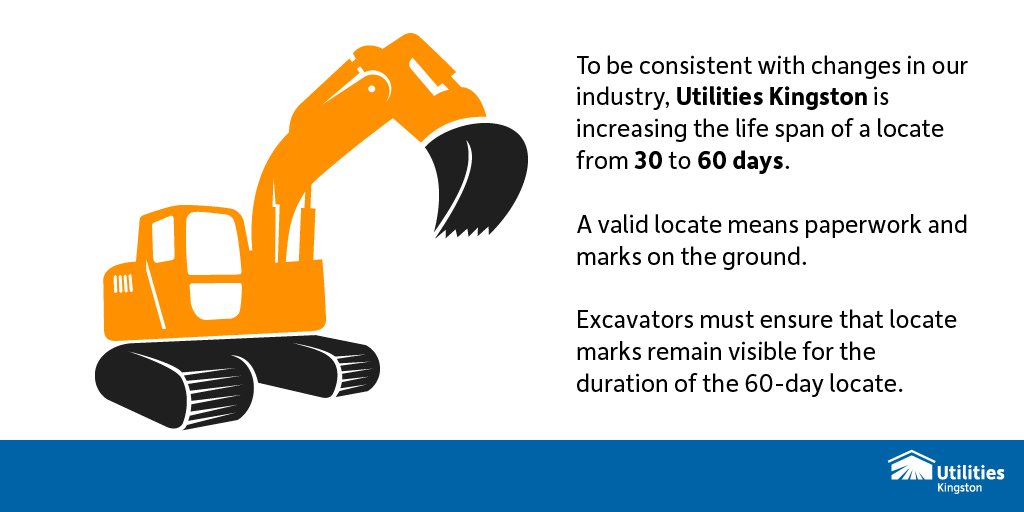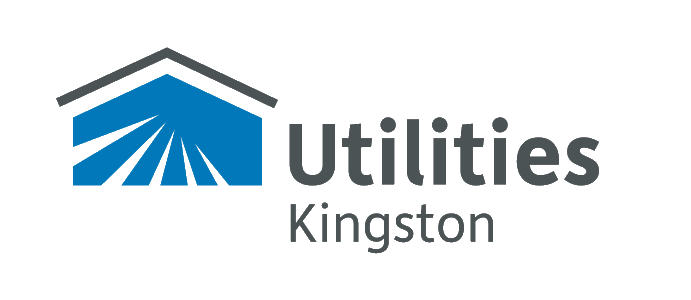 Click to enlarge
Click to enlarge
What's the context?
In 2020, managers and supervisors completed 62 formal staff safety observations. This is lower than previous years due to the COVID-19 pandemic and our efforts to keep physical distancing between employees, where possible.
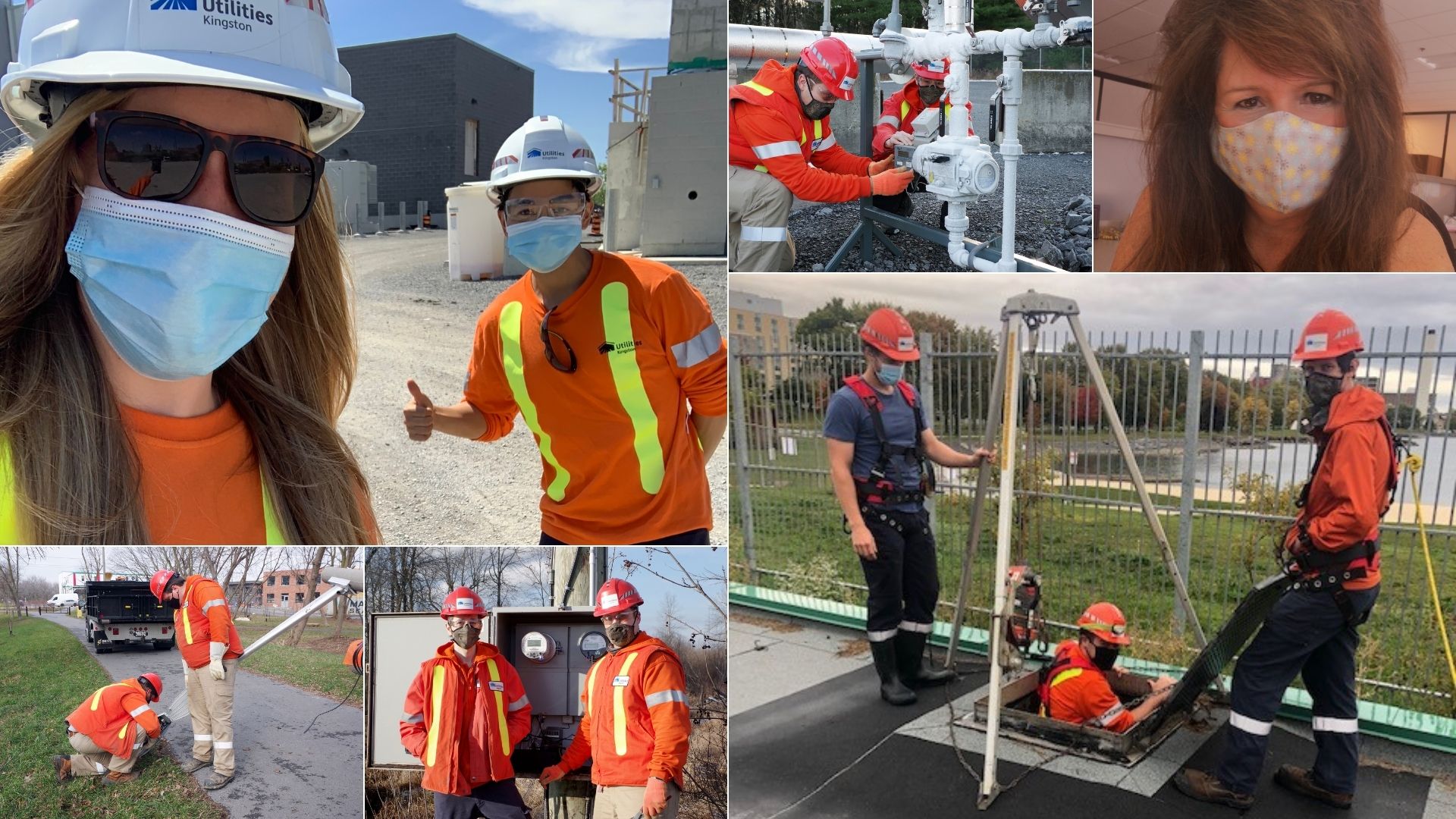
Health and Safety Awareness and Training
The Utilities Kingston health and safety management system helps to reduce accidents and injuries, ensures safe work environments, and furthers a culture of safety.
As part of this system, management provides health and safety training. Highlights for 2020 include the following:
33
Training Sessions
1510
Hours of Participant Training
18
COVID-19
Risk Assessments,
Policies and Procedures
As always, Utilities Kingston prioritized the safety of employees throughout the pandemic. We are proud to relay there were zero cases of COVID-19 reported in the workplace during 2020.
Most of the training sessions were completed before the COVID-19 outbreak in March of 2020. To ensure physical distancing between employees, any training that could be delayed was placed on hold for the year.
Making Safety the Top Priority at Kingston Worksites
The goal of the award-winning Safety Days is clear and simple: get everyone home safe every day.
While our 2020 event was cancelled due to the COVID-19 pandemic, 68 contractors completed the mandatory health and safety expectations training, necessary to pre-qualify for quotation work.
Also in 2020, we laid the groundwork for a mandatory online e-Learning Safety Days program, to prepare contractors for a safe 2021 construction season.
Wellness in the Workplace
Mental wellness is important to the health and safety of our workplace.
With a goal to better support wellness in the workplace, in 2020 the Guarding Minds @ Work committee shifted its focus to supporting employees through the difficulties presented by the COVID-19 pandemic.
With that in mind, the committee met nine times in the year, to promote and support mental health resources and e-Learning for employees.
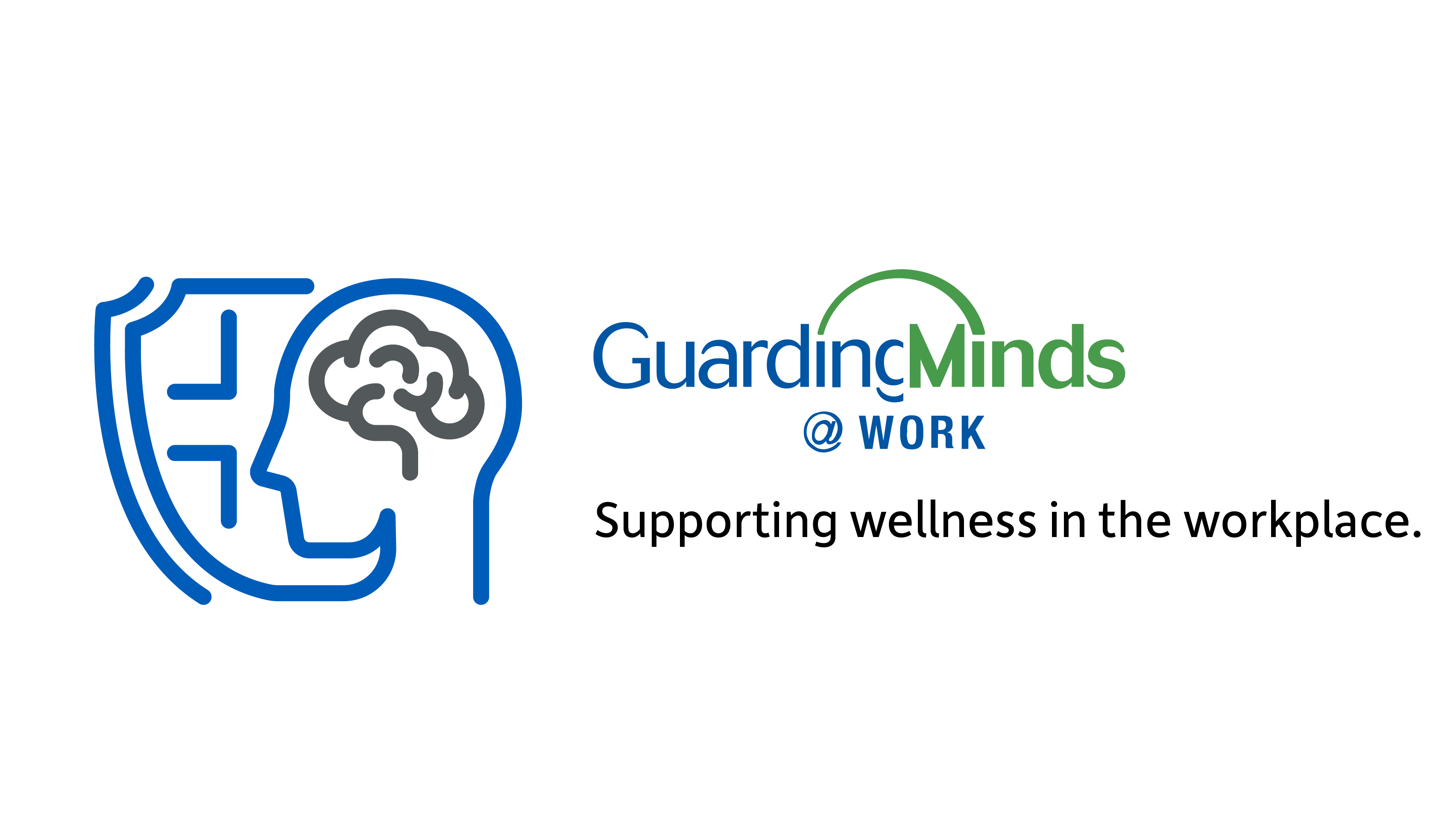
Cross Bore Prevention
In 2020, we conducted 132 sewer safety inspections and did not find any cross bore occurrences.
The cross bore prevention program is a requirement from the Technical Standards and Safety Authority (TSSA) that was mandated for all gas distributors in 2011. The program addresses safety precautions when clearing a blocked sewer lateral.
Utilities Kingston’s program includes communicating with plumbers and homeowners to “Call Before You Clear”. Once the call is received, staff conduct a sewer safety inspection to rule out the possibility of a sewer cross bore. Our communication and outreach program continues to increase public awareness.
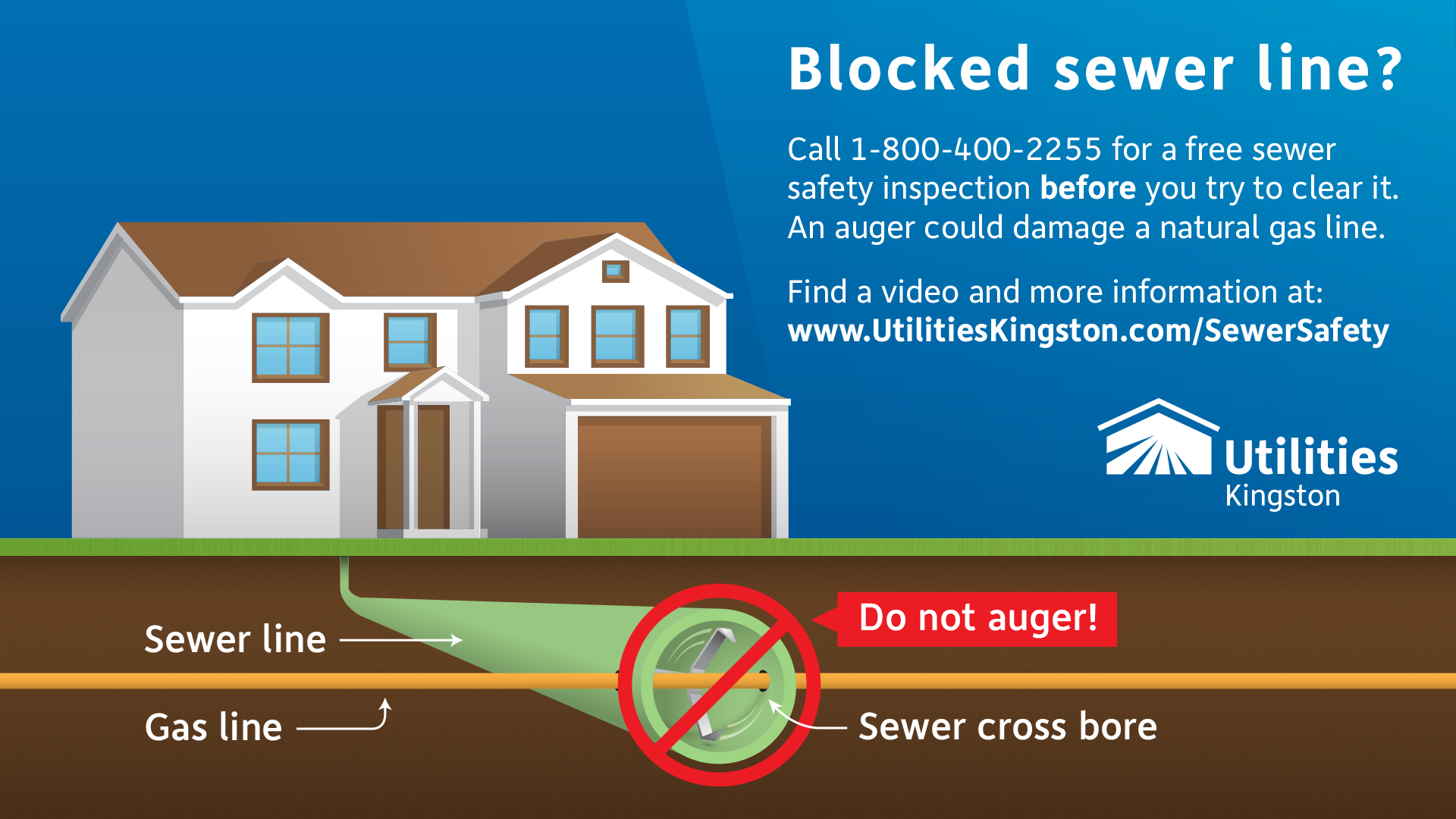
Ensuring the Safety of Underground Infrastructure
7202
Locate Requests
98%
Completed Within 5 Business Days
Utilities Kingston has partnered with Ontario One Call since 2013. During 2020, Utilities Kingston responded to 7,202 locate requests. Our goal is to complete locates within five business days. We achieved this 98 per cent of the time.
We attribute the success of the Utilities Kingston program to our in-house expertise. While other utilities rely on third-party locating services, our multi-utility model affords us to employ a team of in-house damage prevention technicians.
To support our industry partners, we also increased the life span of a locate from 30 to 60 days, in 2020. We made this change in order to be consistent with other utilities.
Don’t take the risk of damaging underground infrastructure – get a free locate, it’s the law! That is the industry refrain that’s helped encourage an increase in requests to locate underground water, wastewater, natural gas, electricity and fibre infrastructure.
